Nationwide Pet Insurance: Your 2025 US Cost Guide
Introduction
Finding a reliable veterinarian near me in the US for 2025 is a top priority for pet owners. With the rising costs of veterinary care, understanding how to budget for your beloved companion's health has become more critical than ever. From routine check-ups to emergency surgeries, expenses can accumulate quickly. This comprehensive guide will explore Nationwide Pet Insurance options, helping you navigate the financial aspects of pet ownership and ensure your furry, scaled, or feathered family member receives the best possible care. Proactive planning, often involving pet insurance, is key to managing unexpected veterinary bills and maintaining your pet's well-being. Explore more general resources on insurance with Insurance Resources Global.
Coverage Details: Protecting Your Pet with a Veterinarian Near Me
Understanding what pet insurance covers is fundamental to making an informed decision. Nationwide Pet Insurance offers various plans designed to fit different needs and budgets, providing peace of mind when your pet requires professional care from a veterinarian near me.
What’s Included in Nationwide Plans
Nationwide Pet Insurance plans typically cover a wide array of veterinary services and conditions. While specific inclusions vary by policy type (e.g., accident-only, accident & illness, or wellness plans), common benefits often include:
-
Accidents: Injuries from accidents like broken bones, lacerations, foreign object ingestion, or poisonings. This helps when urgent care from a veterinarian near me is required.
-
Illnesses: Coverage for conditions such as cancer, diabetes, arthritis, infections, and digestive issues.
-
Emergency Care: Costs associated with unexpected emergencies requiring immediate veterinary attention.
-
Diagnostic Tests: X-rays, MRIs, CT scans, ultrasounds, and laboratory tests like blood work and urinalysis.
-
Surgeries: Costs for surgical procedures, including anesthesia and post-operative care.
-
Prescription Medications: Drugs prescribed by a licensed veterinarian near me for covered conditions.
-
Specialist Care: Referrals to veterinary specialists like cardiologists, dermatologists, or oncologists.
-
Rehabilitation: Physical therapy, hydrotherapy, or chiropractic care if recommended for recovery.
-
Wellness/Preventative Care (Optional): Some plans or add-ons cover routine exams, vaccinations, deworming, and flea/tick prevention. This is crucial for maintaining your pet's health.
Common Exclusions to Be Aware Of
While pet insurance offers extensive coverage, it's equally important to understand what is generally not covered. Being aware of exclusions helps manage expectations and avoid surprises when visiting your veterinarian near me. Typical exclusions across most providers, including Nationwide, include:
-
Pre-existing Conditions: Illnesses or injuries that occurred before the policy's effective date or during the waiting period. It is vital to enroll your pet when they are young and healthy.
-
Cosmetic Procedures: Elective procedures like ear cropping, tail docking, or dewclaw removal that are not medically necessary.
-
Breeding Costs: Expenses related to breeding, pregnancy, or whelping.
-
Experimental Treatments: Therapies or medications that are considered experimental or investigational.
-
Grooming: Routine grooming services, bathing, or nail trims.
-
Food and Supplements: Unless prescribed for a covered condition and specifically included in your plan.
-
Specific Exclusions for Certain Species/Breeds: Some exotic pets or breeds with known genetic predispositions might have specific limitations or higher premiums.
Cost Analysis: Understanding Nationwide Pet Insurance and Your Veterinarian Near Me Bills
The cost of Nationwide Pet Insurance in 2025, and indeed any pet insurance, is influenced by a variety of factors. Understanding these elements can help you predict your premiums and make informed choices to save money while still ensuring your pet has access to a quality veterinarian near me.
Key Factors Influencing Your Premium
Several variables play a significant role in determining how much you'll pay for pet insurance. These factors are assessed by insurers to gauge the risk associated with insuring your particular pet:
-
Pet's Species and Breed: Dogs generally cost more to insure than cats due to their size and propensity for certain breed-specific conditions. Some breeds are predisposed to genetic health issues, leading to higher premiums.
-
Pet's Age: Younger pets are less expensive to insure as they are generally healthier. Premiums increase significantly as pets age, reflecting the higher likelihood of age-related illnesses and more frequent visits to a veterinarian near me.
-
Location: Veterinary costs vary by region. Urban areas with higher living costs typically have more expensive veterinary services, which translates to higher insurance premiums. The cost to see a veterinarian near me in a major city can be significantly higher than in a rural area.
-
Chosen Plan Type:
-
Accident-Only: Least expensive, covers only unexpected injuries.
-
Accident & Illness: Most popular, covers accidents and common illnesses.
-
Comprehensive/Wellness: Most expensive, includes preventative care like routine exams and vaccinations, in addition to accident and illness coverage.
-
-
Deductible: The amount you must pay out-of-pocket before your insurance begins to reimburse you. Higher deductibles result in lower monthly premiums.
-
Reimbursement Level: The percentage of covered vet bills that the insurer pays back after the deductible is met (e.g., 70%, 80%, 90%). A higher reimbursement level means higher premiums.
-
Annual Limit: The maximum amount your policy will pay out in a year. Higher limits mean higher premiums.
Smart Strategies for Saving on Costs
While pet insurance is an investment, there are several ways to manage your premiums and get the most value for your money without compromising your pet's access to a veterinarian near me.
-
Enroll Early: The younger and healthier your pet is when you enroll, the lower your premiums will be, and you'll avoid issues with pre-existing conditions.
-
Choose a Higher Deductible: If you have an emergency fund for your pet, opting for a higher deductible can significantly lower your monthly premium.
-
Select a Lower Reimbursement Level: Accepting a 70% reimbursement instead of 90% will reduce your premium, but you'll bear more of the cost post-deductible.
-
Compare Quotes: Don't settle for the first quote. Research multiple providers like Nationwide and compare their offerings. Using resources like US Insurance Home can help.
-
Ask About Discounts: Many insurers offer discounts for multiple pets, paying annually instead of monthly, or for affinity groups (e.g., military, employer-sponsored).
-
Consider an Accident-Only Plan: If your budget is tight and your primary concern is catastrophic injury, an accident-only plan is the most affordable option.
-
Maintain Preventative Care: Regular check-ups with your veterinarian near me can prevent minor issues from becoming major, costly problems. Many providers, including Nationwide, offer add-on wellness plans.
The Importance of Proactive Pet Health and Your Veterinarian Near Me Visits
Investing in your pet's health goes beyond just reactive treatment; proactive measures and routine check-ups are crucial. Ensuring regular visits to a veterinarian near me is fundamental for early detection and prevention of diseases, which ultimately saves money and extends your pet's healthy life.
Why Regular Check-ups with Your Veterinarian Near Me are Crucial
Routine veterinary visits, typically once or twice a year, are vital for maintaining your pet's overall health. These appointments allow your veterinarian near me to:
-
Perform Physical Exams: Detect subtle changes in weight, coat, teeth, or internal organs that might indicate underlying health issues.
-
Administer Vaccinations: Protect against common and potentially fatal diseases like rabies, distemper, and parvovirus.
-
Conduct Parasite Screenings: Check for and prevent fleas, ticks, heartworms, and intestinal parasites.
-
Provide Nutritional and Behavioral Advice: Guide you on appropriate diet, exercise, and behavior management.
-
Establish a Baseline: Regular visits create a health history for your pet, making it easier for the veterinarian near me to identify when something is amiss. Early detection often means simpler, less expensive treatments.
The Value of Dental Care Pet Insurance
Dental health is often overlooked but is critically important for pets. Poor oral hygiene can lead to painful dental diseases, which in turn can cause systemic health issues affecting the heart, kidneys, and liver. This is where dental care pet insurance becomes invaluable.
-
Covers Dental Cleanings: Many wellness plans or specific dental add-ons will help cover the cost of professional dental cleanings under anesthesia.
-
Treats Dental Diseases: Coverage for extractions, root canals, and other treatments for periodontal disease, fractured teeth, or infections.
-
Prevents Systemic Illnesses: By addressing dental issues, dental care pet insurance indirectly helps prevent more serious, expensive illnesses later on.
Neglecting dental health can lead to significant pain for your pet and substantial bills from your veterinarian near me.
The Importance of Early Coverage: Best Pet Insurance for Puppies
Getting insurance for a young pet, especially a puppy, is one of the smartest financial decisions a pet owner can make. The phrase "best pet insurance for puppies" highlights the strategic advantage of early enrollment.
-
Avoids Pre-existing Conditions: Puppies are less likely to have pre-existing conditions, meaning more of their future health issues will be covered. This maximizes the value of your policy over their lifetime.
-
Covers Puppy Mishaps: Puppies are prone to accidents and illnesses as they explore their new world. Policies designed as the best pet insurance for puppies cover common issues like foreign body ingestion, infections, and minor injuries.
-
Foundation for Lifelong Health: Early coverage allows you to confidently seek care from a veterinarian near me for any issue, establishing a baseline of excellent health and potentially preventing long-term problems.
-
Lower Premiums: Insuring a puppy is significantly cheaper than insuring an older dog, as their risk profile is much lower.
When searching for the best pet insurance for puppies, look for comprehensive plans that cover both accidents and illnesses, and consider an optional wellness add-on for vaccinations and spay/neuter procedures.
Choosing the Best Pet Insurance Plan for Puppies and Beyond
Selecting the right pet insurance plan requires careful consideration of your pet's specific needs, your budget, and the features offered by various providers. Nationwide Pet Insurance provides a range of options, but comparing is key.
Assessing Your Pet's Unique Needs
Every pet is different, and their insurance needs will vary. Consider these factors when evaluating policies:
-
Age and Health Status: A young, healthy pet might benefit from a comprehensive plan to lock in lower rates before age-related conditions emerge. An older pet might need more extensive illness coverage.
-
Breed-Specific Risks: Research common health issues for your pet's breed. For example, large breeds are prone to hip dysplasia, while some smaller breeds might have patellar luxation issues. Your veterinarian near me can also offer insights.
-
Lifestyle: Is your pet highly active outdoors, potentially increasing their risk of accidents? Or are they mostly an indoor companion?
-
Your Financial Comfort Level: How much can you realistically afford in monthly premiums versus potential out-of-pocket costs for a veterinarian near me?
Comparing Providers and Policies Effectively
Don't rush into a decision. Take the time to compare Nationwide with other leading providers using these criteria:
-
Coverage Options: Does the plan offer accident, illness, or comprehensive coverage? Are there wellness add-ons? Does it include specific benefits like dental care pet insurance?
-
Deductibles, Reimbursement, and Annual Limits: Understand how these figures impact your out-of-pocket expenses.
-
Waiting Periods: How long before coverage kicks in for accidents, illnesses, or orthopedic conditions?
-
Customer Service and Claims Process: Read reviews about ease of filing claims and promptness of reimbursement. Look for transparent policies.
-
Reviews and Reputation: Check independent review sites and consumer reports. The National Association of Insurance Commissioners provides valuable consumer information and a list of State Insurance Departments for local resources.
-
Policy Flexibility: Can you adjust your deductible or reimbursement level over time?
Just as you might compare options for human healthcare on sites like Healthcare.gov, a similar diligent approach is wise for your pet.
FAQs About Nationwide Pet Insurance and Finding a Veterinarian Near Me
How much does veterinarian near me cost in 2025?
The cost of a veterinarian near me in 2025 varies significantly based on the service, your location, and the specific clinic. A routine check-up might range from $50-$250. Vaccinations can add $20-$40 per shot. Emergency visits can quickly escalate to hundreds or thousands of dollars (e.g., $800-$2,500 for a broken bone, $3,000-$7,000+ for serious surgery). Having pet insurance helps manage these unpredictable expenses.
What factors affect pet insurance premiums?
Pet insurance premiums are influenced by several factors: your pet's species (dog vs. cat), breed (some breeds have higher genetic risks), age (older pets cost more), your geographic location (vet costs vary regionally), the type of plan you choose (accident-only, accident & illness, wellness), and your selected deductible, reimbursement percentage, and annual limit. Opting for a higher deductible generally lowers your monthly premium.
Is pet insurance mandatory in the US?
No, pet insurance is not mandatory in the US. It is an optional financial product designed to help pet owners manage the often high and unpredictable costs of veterinary care. While not required by law, many veterinarians and pet advocacy groups highly recommend it as a way to ensure pets receive necessary medical attention without causing financial hardship for their owners.
How do I choose the best pet insurance for puppies?
Choosing the best pet insurance for puppies involves considering a comprehensive accident and illness plan, as puppies are prone to both. Look for policies with short waiting periods, especially for accidents. Evaluate wellness add-ons for vaccinations, spay/neuter procedures, and deworming. Prioritize plans that allow you to customize deductibles and reimbursement levels to fit your budget. Enrolling your puppy as early as possible is key to avoiding pre-existing condition exclusions and securing lower premiums.
What are the consequences of not having pet insurance coverage?
Without pet insurance, you are solely responsible for the full cost of all veterinary bills. This can lead to significant financial strain, especially in cases of emergencies, chronic illnesses, or unexpected surgeries. Many pet owners face the heartbreaking choice of either going into debt or making difficult decisions about their pet's care due to affordability issues. Pet insurance provides a financial safety net, allowing you to prioritize your pet's health without undue financial stress.
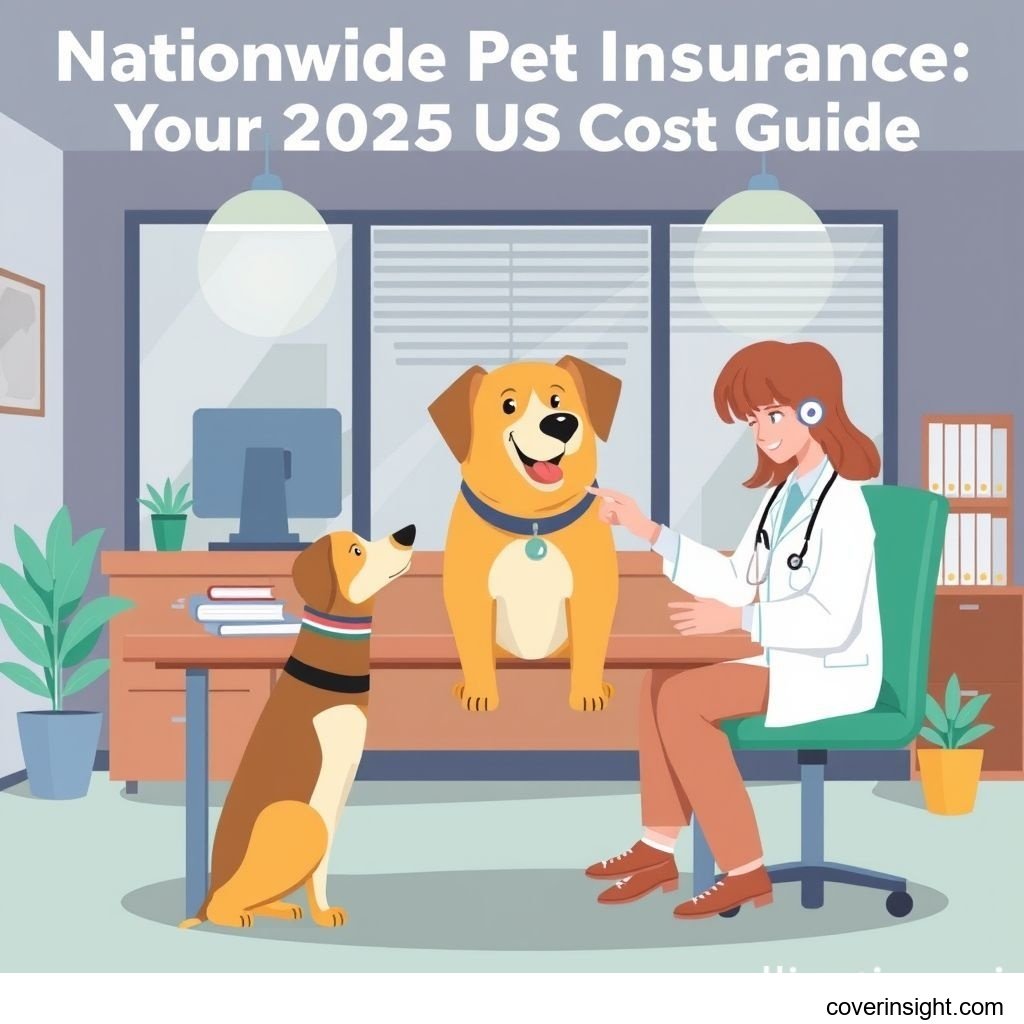
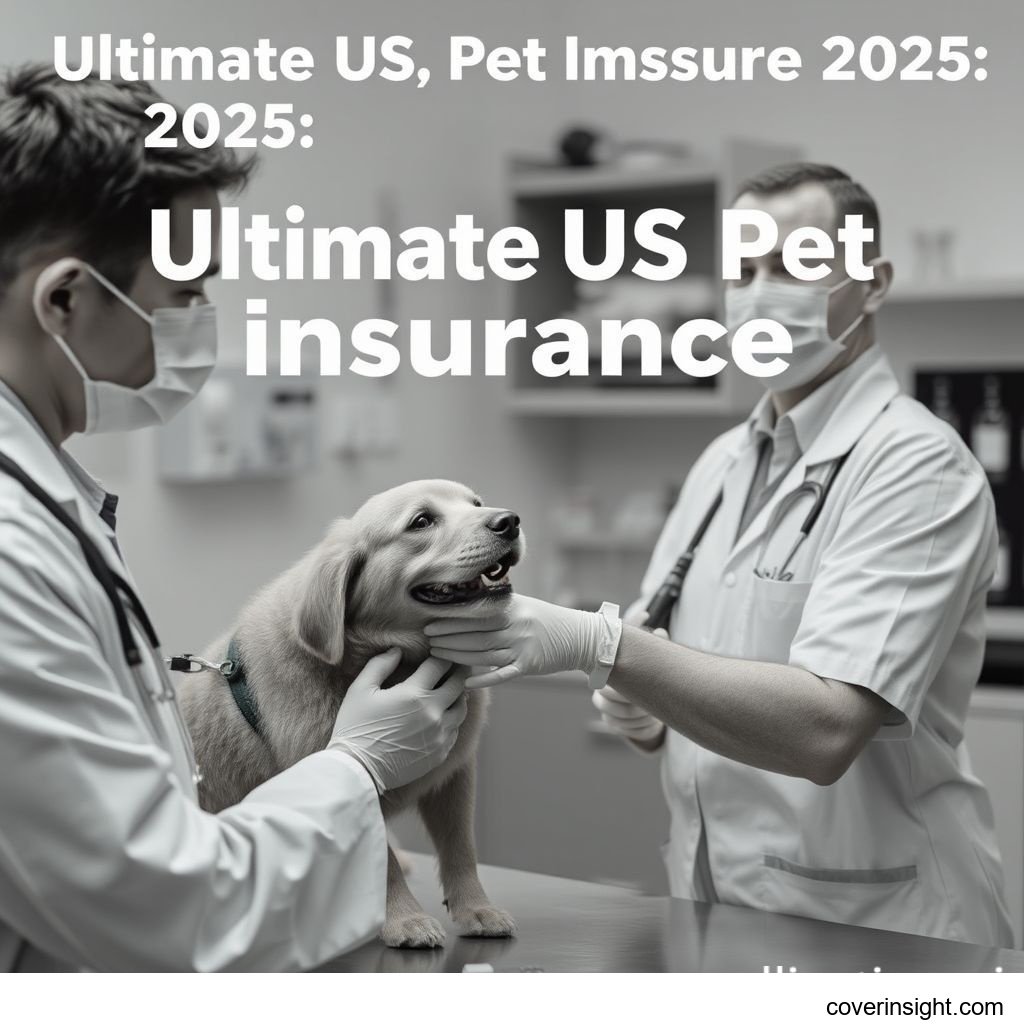
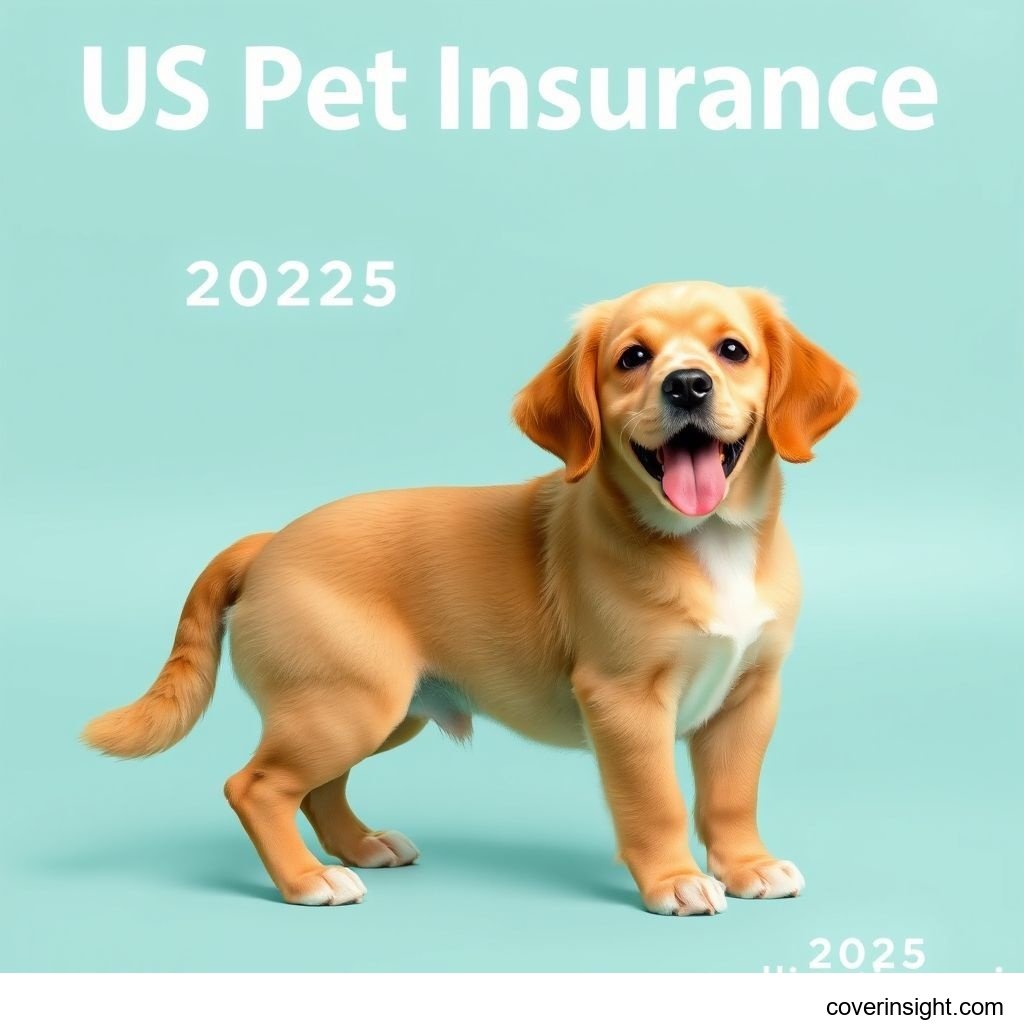
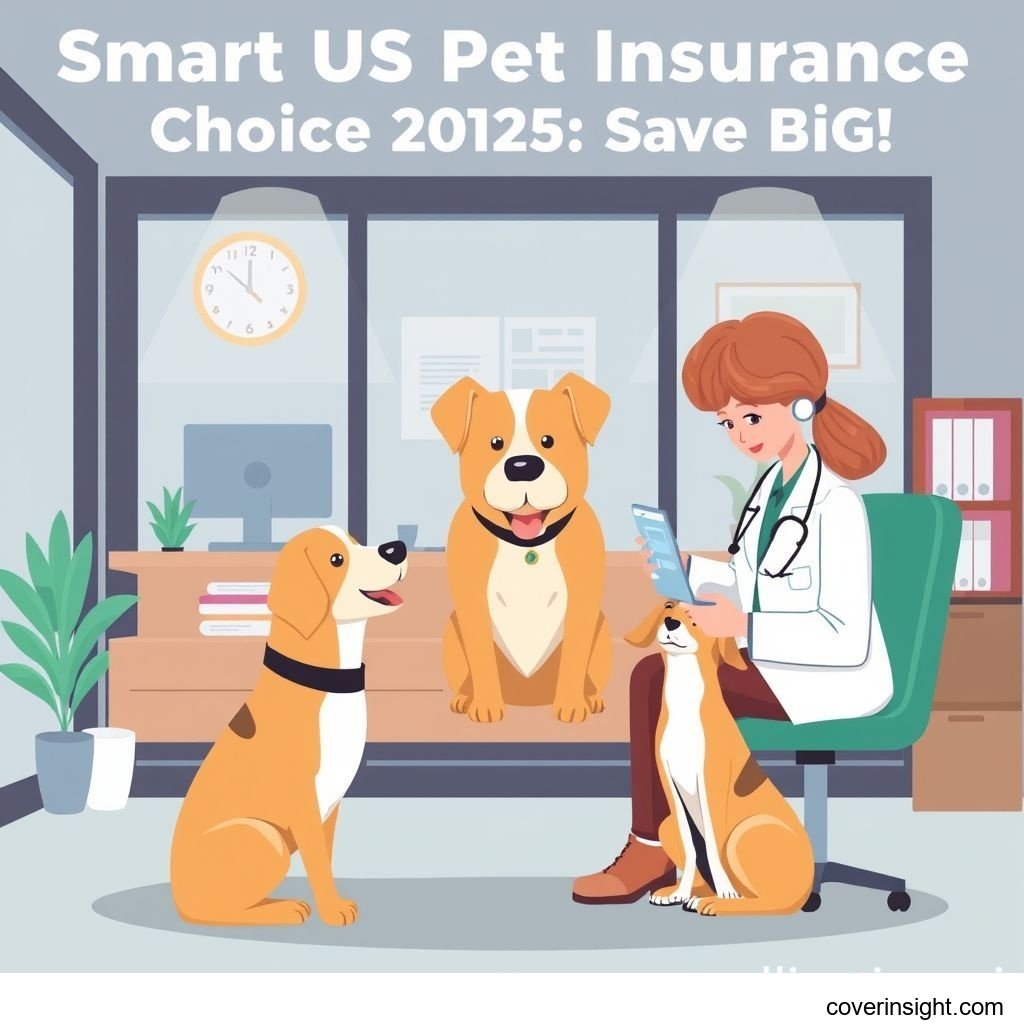
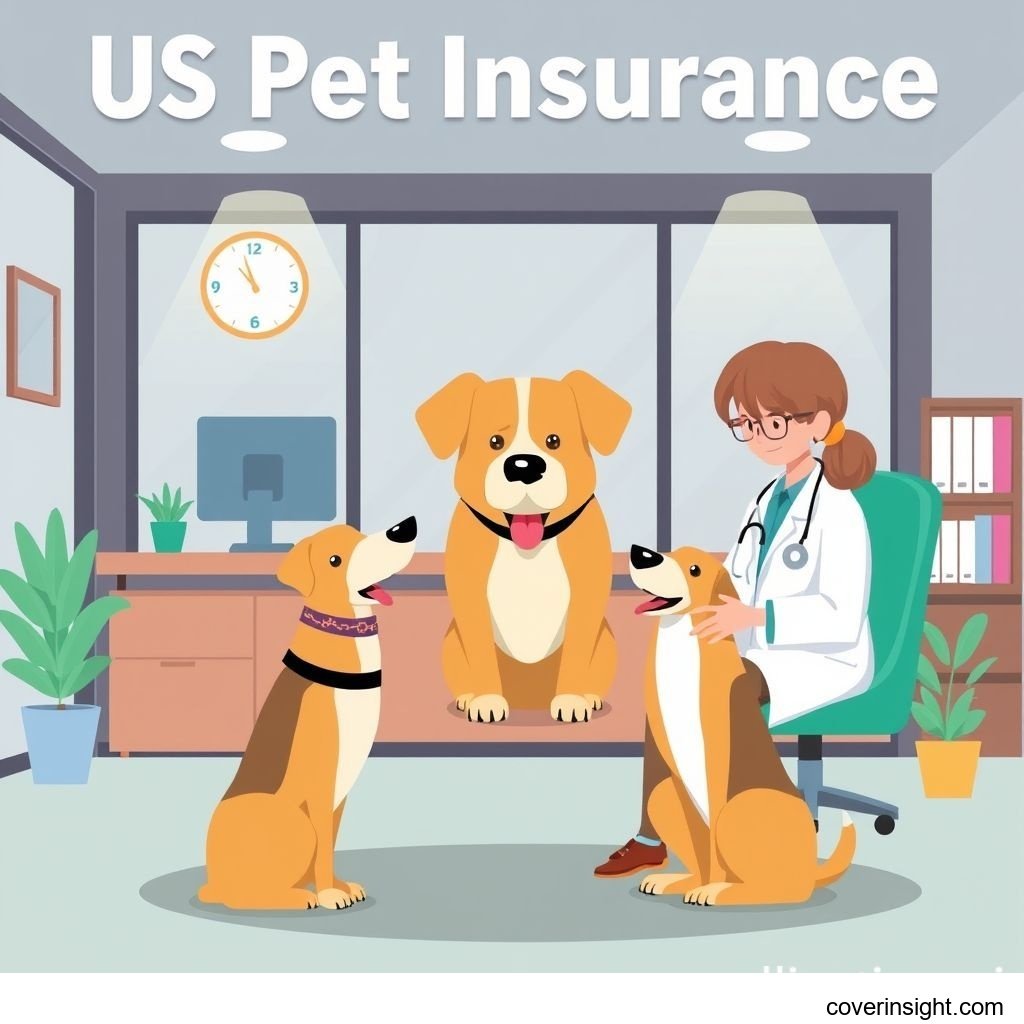





Comments